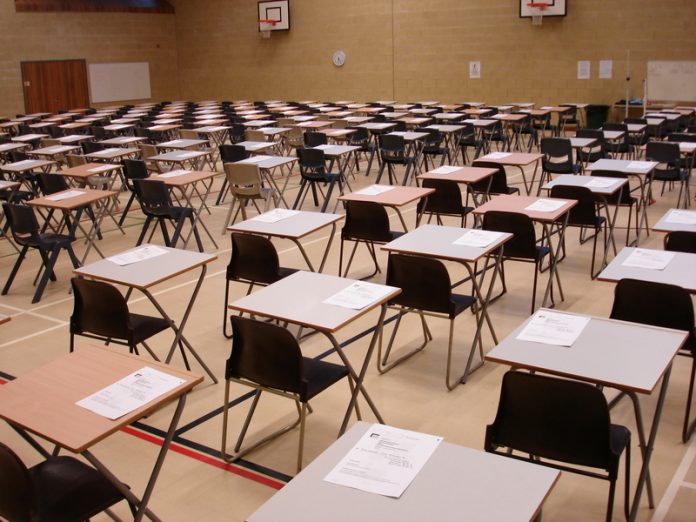To mark the start of exam season, hundreds and thousands of pupils throughout the UK will sit 20 new GCSE exams this week for the first time
Designed with employers in mind, the gold-standard GCSE’s – including sciences, French, German Spanish, history and geography contain more demanding content to challenge and prepare the pupils for a future in industries that Britain needs.
A greater emphasis on coding and programming has been applied to the new ICT GCSE whilst space physics and the studies on the human genome have been implemented into the sciences.
The School Standards Minister has said that the new GCSE’s are on par with the best performing education systems in the world. “These more rigorous, gold-standard GCSEs are helping to nurture the next generation of scientists, linguists and historians.
Whatever pupils want to do with their lives, these qualifications will prepare them for future success and help deliver the skills Britain needs to be fit for the future.
Thanks to our reforms and the hard work of teachers, education standards are rising in our schools and last year, teachers and pupils responded well to the new English and maths exams.
I wish pupils all the very best as they prepare to sit these exams and I look forward to celebrating their success in the summer.
Neil Carberry, CBI Managing Director for People and Skills policy noted that a better education will provide young people with the knowledge and character needed within our changing climate. “CBI members welcome the Government’s commitment to high educational standards in schools, of which the new GCSEs are part.”
However, it has been suggested that acing exams is not enough nowadays to secure employment. Young people must now prove they are well-rounded individuals that have the relevant skills and experience to compete in the world of work.
The new GCSE’s follow news of funding to train over 8000 computing teachers to teach the new ICT GCSE. This will ensure that every secondary school has a teacher to deliver the new curriculum.











